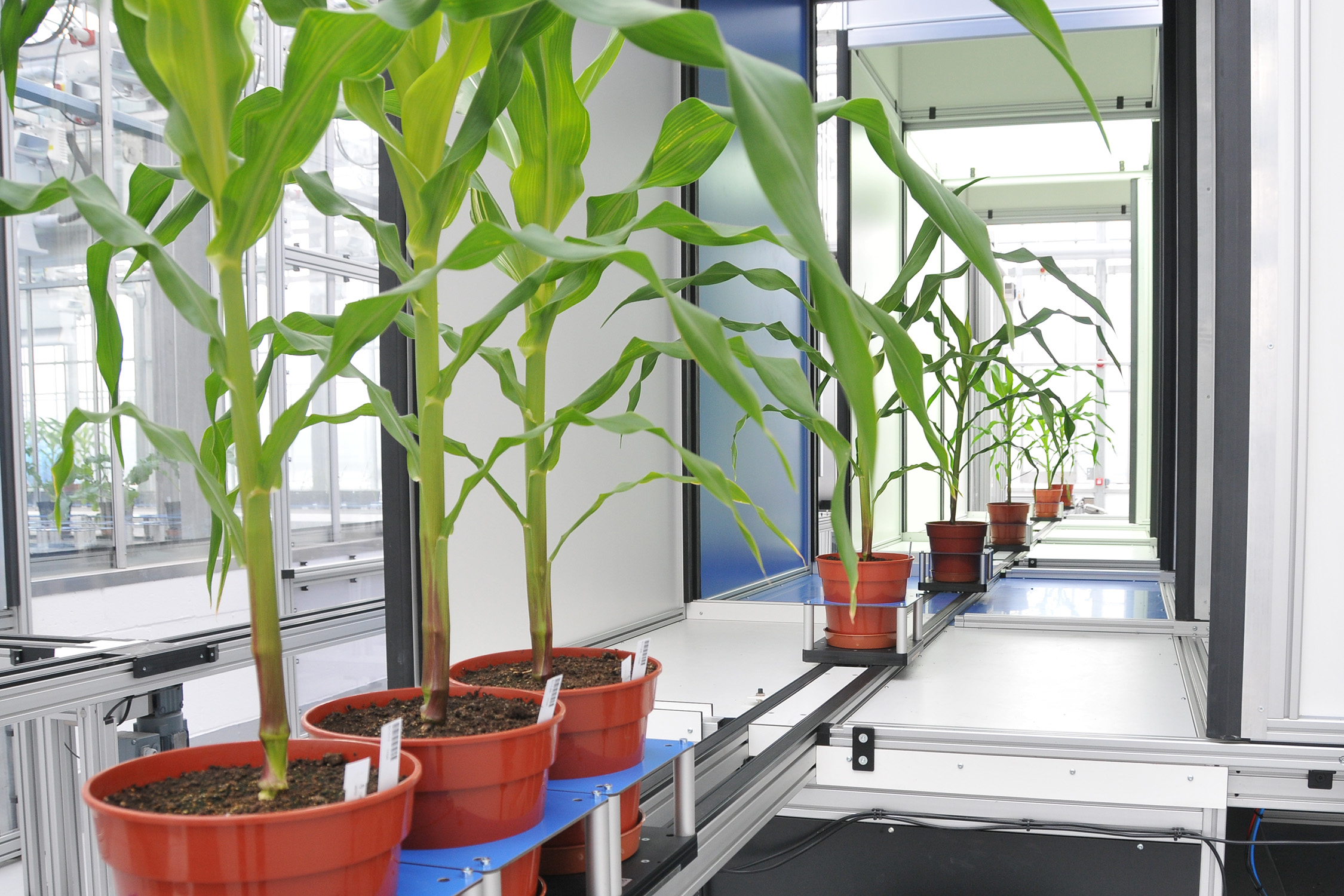Market Overview
According to a recent report, the Global Chatbot Market is expected to generate revenue of roughly 110.30 (USD Billion) by 2028, with a CAGR of nearly 35.01 percent from 2021 to 2028. There are a variety of uses for virtual assistants such as chatbots and smart speakers across a wide range of businesses. Since banks place a premium on speed, security, and transparency, they’ve been early adopters of cutting-edge technology. Cognitive analytics enables chatbots in the banking sector to understand the thinking of their customers and respond instantly, facilitating conversation and building client relationships.
Impact of COVID-19 on the Global Chatbot Market
The chatbot market is anticipated to have a negligible decline in 2020 as a result of the worldwide lockdown. The COVID-19 epidemic has boosted employee turnover and shook virtually every business. As a result of the lockdown, global production, supply chains, and logistics are severely hampered, as is the continuity of operations for many sectors. Manufacturing, transportation and logistics, and retail and consumer products face the biggest obstacles. Although critical products are excluded from the lockdown, the shortage of workers on production lines, supply networks, and transportation affects the availability of vital commodities. By early 2021, the condition is anticipated to be under control, while the market for chatbot solutions and services is anticipated to expand owing to the rising desire for improved customer experience and establishing individualised relationships with prospects. Multiple industries will implement a variety of chatbot solutions and services to facilitate digital transformation activities that address mission-critical procedures, enhance operations, and distinguish customer viewing experiences. The use of chatbots is anticipated to be driven by the reduction of operational expenses, improvement of customer experiences, resolution of customer inquiries, expanded insight into processes and operations, and enhanced real-time decision-making.
Key companies and their market shares:
The market’s different competitors have to come up with ground-breaking products that keep up with changing technologies, business practises, customer needs, and security needs. In the current market environment, there is a lot of competition between the big players to dominate the market by improving quality and making their products stand out. This makes it possible for the market to get smaller through strategic moves like mergers, partnerships, and acquisitions. Participants in the industry have formed a strategic partnership with suppliers and distributors to improve their range of products and presence in more places. Some of the most important companies in the chatbot market are:
CX Company, Nuance Communications Inc., Imperson Ltd., Astute Solutions, Creative Virtual Pvt. Ltd., Next IT Corporation, Pandorabots, Inc., Microsoft Corporation, IBM Watson, eGain Corporation, Google, Inc., and 24/7 Customer Inc.
This study categorises the chatbot market based on component, type, application, deployment mode, organisation size, vertical, and region of operation.
By component:
- Solutions
- Software
- Platform
- Services
- Managed Services
- Professional Services
- Consulting
- System Integration and Implementation
- Support and Maintenance
By type:
- Rule Based
- AI Based
By deployment mode:
- On-premises
- Cloud
By channel integration:
- Websites
- Contact Centers
- Social Media
- Mobile Applications
By organization size:
- Large Enterprises
- Small and Medium-sized Enterprises (SMEs)
By business function:
- Information Technology Service Management
- Human Resources
- Sales and Marketing
- Finance
By application:
- Customer Service
- Personal Assistant
- Branding and Advertisement
- Customer Engagement and Retention
- Data Privacy and Compliance
- Employee Engagement and On Boarding
- Payment Processing
- Others (Churn Analysis, Campaign Management, News Delivery, and Data Aggregation).
By vertical:
- BFSI
- IT and Telecom
- Retail and Ecommerce
- Healthcare and Life Sciences
- Transportation and Logistics
- Government
- Travel and Hospitality
- Media and Entertainment
- Others (Education, Energy and Utilities, and Manufacturing)
By region:
- North America
- US
- Canada
- Europe
- UK
- Germany
- France
- Rest of Europe
- APAC
- China
- India
- Japan
- Rest of APAC
- MEA
- Israel
- UAE
- South Africa
- Rest of MEA
- Latin America
- Brazil
- Mexico
- Rest of Latin America
Recent Developments:
- Virtual Assistant Platform in Japanese was introduced by Kore.ai at the beginning of February 2021. The Kore virtual assistant platform was introduced in Japanese in order to better suit the demands of the Japan area and speed up the adoption of virtual assistants. Improved time-to-market and enhanced customer experience in local language will benefit enterprise customers.
- Artificial Solutions released numerous new Teneo Languages improvements in December 2020 that allow enterprises to produce high-quality conversations with less time and effort than ever before.
- With Capgemini’s help, Conversational AI for Digital Transformation was launched in June 2019. As a result of the cooperation, Capgemini has been able to use Artificial Solutions’ Teneo conversational AI development platform in its digital transformation projects for its clients.
###










